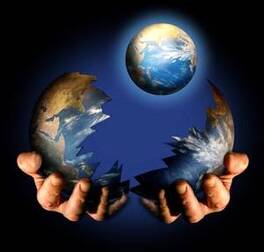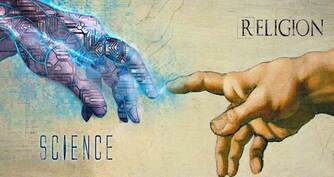
What am I to do with the anger, shame, sense of futility that I feel for this and other situations? For while our television screens have been full of Afghanistan, Haiti has suffered a series of earthquakes with over 2,000 dead, more than 12,000 injured, hundreds missing, more than 50,000 homes destroyed. Corrupt governments have brought countries like Lebanon to the brink of collapse, climate change has led to fires and flooding that have done irreparable damage and destroyed people’s homes and livelihoods. It is a grim picture. What do I do with it?
What I don’t do is ignore it. It’s so tempting to take a break from the news and concentrate on my own concerns. The Work that Reconnects, the network set in motion by the ecologist Joanna Macey holds as central to its process, honouring the pain of the world. If we are to move forward, we must be honest about the world to which we belong, not diminish or ignore the negative. This world is the one in which I am situated, to which I belong and am in some sense responsible for. As Desiderata says, I am a child of the universe, connected to all life and to all of humanity. The people I see in panic, fear, distress are my brothers and sisters. The pain and chaos obvious on my television screen is my pain and chaos too and I must not be afraid to feel it, to be open to it and to decry and lament it.
Within the Judaeo – Christian tradition lamentation is a recognised way of coping with disaster. It gives believers permission to complain and rail against God. John Swinton sees the psalms of lament in the Hebrew bible as providing a language and a structure within which pain, suffering, grief, and despair can be ritualized. They give believers a language to “rage against the injustice of the way things are in the hope that the way things are is not the way they should be or will be”. Lamentation allows believers to be honest about the reality of pain and suffering. So, I can lament the politicians who have abandoned the Afghan people, the 20-year war that seemed to be an act of vengeance for the attacks on the World Trade Centre, the hubris of western powers that think their version of liberal democracy is the only way and can work in cultures of which they are ignorant, religious systems that see no other way as authentic, the way women are the first to be targeted and controlled in oppressive regimes, the children left abandoned and orphaned, the countries that grow rich from an arms trade that encourages the very wars they are supposedly trying to stop – the list is endless.
But it is not hopeless. Lamenting the pain, confusion and conflict leads to acceptance and compassion and compassion leads to a concern that can express itself through action for justice and also prayer. For me that is not a prayer that asks for or even expects a God who intervenes to bring about a miraculous resolution to the situation, which is not to deny that miraculous transformations can occur. It is to pray to a God who is the Reality in which we all live and move and have our very being and thus intimately part of our reality. It is a prayer that opens us to the power of compassion and concern that can send out good energies, believing that our interdependence and interrelatedness mean that, like the butterfly effect, we can affect one another for good as well as ill. Two practices I find useful in this kind of prayer is one practised by the Quakers and that is to sit with the pain, to feel it, to lament it and to imagine the light of love and compassion shining on it. The other is the Buddhist practice of meta bhavana - to sit with the pain, feel it, lament it, let compassion for it arise and to pray – may you be well, may you be happy, may you be free from suffering. It does not necessarily take away the pain but it does move me on to a more compassionate and positive frame of mind which given the chance will hopefully express itself in action.



 RSS Feed
RSS Feed
